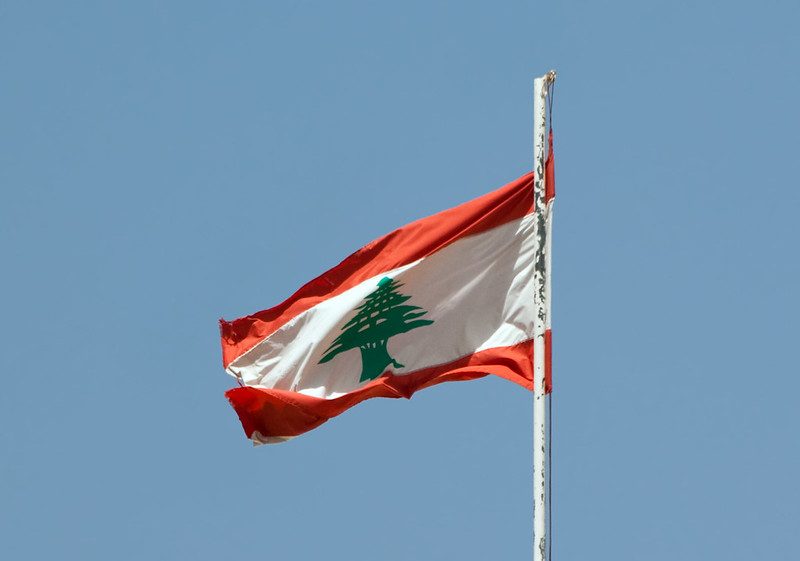In an interview with Doha News, Diab’s first advisor reacts to Sheikh Tamim’s letter to Lebanon.
Sheikh Tamim Bin Hamad Al Thani sent a letter to Lebanon’s Caretaker Prime Minister, Hassan Diab calling on the caretaker government and all Lebanese parties to prioritise the country’s national interest and accelerate the formation of a new government.
“Prioritise the national interest, respond to international endeavours, and expedite the formation of a new government to overcome the challenges and crises that were reviewed during Diab’s visit to the State of Qatar,” the letter advised.
Speaking to Doha News, Diab’s first adviser, Khodor Taleb stressed the importance of Qatar’s support to the crises stricken country, especially given “the current critical situation circumstances.”
In the letter to Lebanon, Qatar’s amir said establishing stability in Lebanon will only be achievable if all Lebanese parties came together and work collectively to overcome the multifaceted challenges.
Read also: Former Qatari PM proposes exit plan for crises-stricken Lebanon
“Lebanon is in urgent need of international support and we thank Qatar’s Amir Tamim for his letter that reflected his country’s concern and genuine feelings towards Lebanon,” Taleb told Doha News.
In April, Diab visited Doha in what was his first trip abroad since taking office.
Diab was accompanied by his adviser Taleb as well as the Chief of Protocol and Public Relations at the Presidency of the Council of Ministers Lahoud Lahoud.
The meetings involved talks on Qatar’s future plans to help ease the suffering of Lebanon’s people amid ongoing crises.
Lebanon’s crisis among world’s worst since 1850’s
In its latest report, the World Bank said Lebanon’s brutal economic collapse is anticipated to rank among the world’s worst financial crises since the mid-19th century.
The report predicts that the country’s economy will slump by around 10% this year, adding that there is “no clear turning point in the horizon.”
Lebanon’s free-falling currency continues to hit new lows against the US dollar. To date, it has lost around 85% of its value in the black market and dollar deposits are still locked up in banks. This has triggered an alarming spread of poverty amid a political deadlock.
“The economic and financial crisis is likely to rank in the top 10, possibly top 3, most severe crisis episodes globally since the mid-nineteenth century,” the report said.
The recent World Bank Lebanon Economic Monitor report, titled “Lebanon Sinking: To the Top 3”, noted that such harsh economic collapses are usually the result of war.
However, in the case of Lebanon the blame has been blamed by experts on the government’s corruption.
Lebanon’s ruling class has failed to act on the country’s worst emergency in years, which drastically escalated after a devastating explosion at Beirut port last August.
“The increasingly dire socio-economic conditions risk systemic national failings with regional and potentially global effects,” the report added.
The International Monetary Fund has offered help but Lebanese parties have failed to reach common ground to form a government that could deliver the reforms on which foreign aid is conditioned.
“The bankrupt state is unable to settle many of its bills and Lebanon’s own energy minister, Raymond Ghajar, has warned that electricity supply was becoming critical and that the country could be plunged into total darkness by June’s end,” Lebanese media reported on Tuesday.
Meanwhile, the World Bank warned “the sharp deterioration in basic services would have long-term implications: mass migration, loss of learning, poor health outcomes, lack of adequate safety nets, among others”.
Follow Doha News on Twitter, Instagram, Facebook and Youtube
